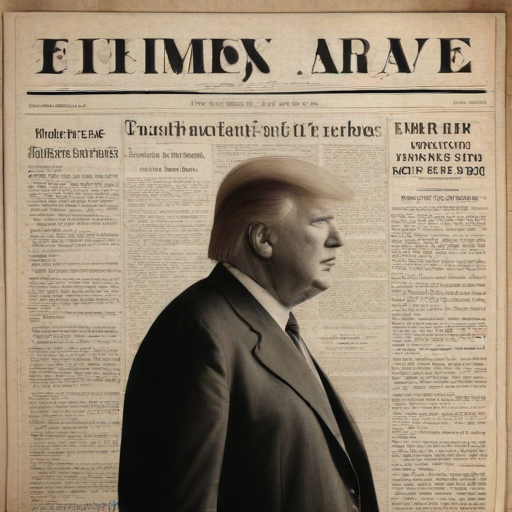In a significant turn of events, President-elect Donald Trump criticized a bipartisan government funding bill on Wednesday, creating turmoil among lawmakers who aimed to pass it. Trump’s strong words, released alongside Vice President-elect JD Vance, have left Republican leaders struggling to devise an alternative plan in the House, where Trump’s influence is considerable. A prominent GOP figure indicated that the bill text, which was unveiled just a day prior, has now been discarded.
The proposed legislation was intended to keep the government operational until March 14. Without congressional action, a potential shutdown looms at 12:01 a.m. Saturday, and currently, there is no backup plan in place.
Trump’s statement called on Republicans to adopt a tougher stance, suggesting they should “CALL THEIR BLUFF” against Democrats who he claims are holding back aid to farmers and disaster relief. He also introduced a surprising demand for the bill to include an increase in the debt ceiling, a topic that wasn’t previously on the legislative agenda. Trump expressed a preference for this discussion to occur during Biden’s administration, as he believes it would not be a priority for the Democrats in the future.
According to Trump, a solution should consist of a “temporary funding bill WITHOUT DEMOCRAT GIVEAWAYS” along with the debt ceiling increase, asserting that failing to align with this approach would be a “betrayal of our country.” He further warned Republican members who ignore his guidance about the bill that they could face political consequences, stating that they “should, and will, be Primaried.”
In light of Trump’s remarks, House Majority Leader Steve Scalise confirmed that the earlier version of the bill proposed by House Speaker Mike Johnson is effectively dead. Following discussions among top Republicans in Johnson’s office, there remains uncertainty about the way forward, although Scalise described the meetings as productive.
Comments from various conservatives reflect disapproval of the proposed bill. Rep. Anna Paulina Luna openly criticized it, labeling it “a s— sandwich” and expressing frustration over the party’s predicament.
This situation underscores the complexities within the Republican Party as they navigate funding and legislative priorities in anticipation of upcoming negotiations. The coming days will be crucial for leadership to present a unified strategy as the deadline approaches.
In summary, Trump’s vocal opposition to the bipartisan funding bill indicates a considerable shift in Republican strategy, compelling party leaders to reevaluate their plans. As discussions continue, the potential for a government shutdown remains at the forefront, emphasizing the need for decisive action.
In a positive light, this moment may lead the Republican Party to reassess their approaches and strategies, potentially resulting in more robust and focused policies that cater to their base’s needs. The ongoing negotiations present an opportunity for fostering dialogue and building consensus going forward.
